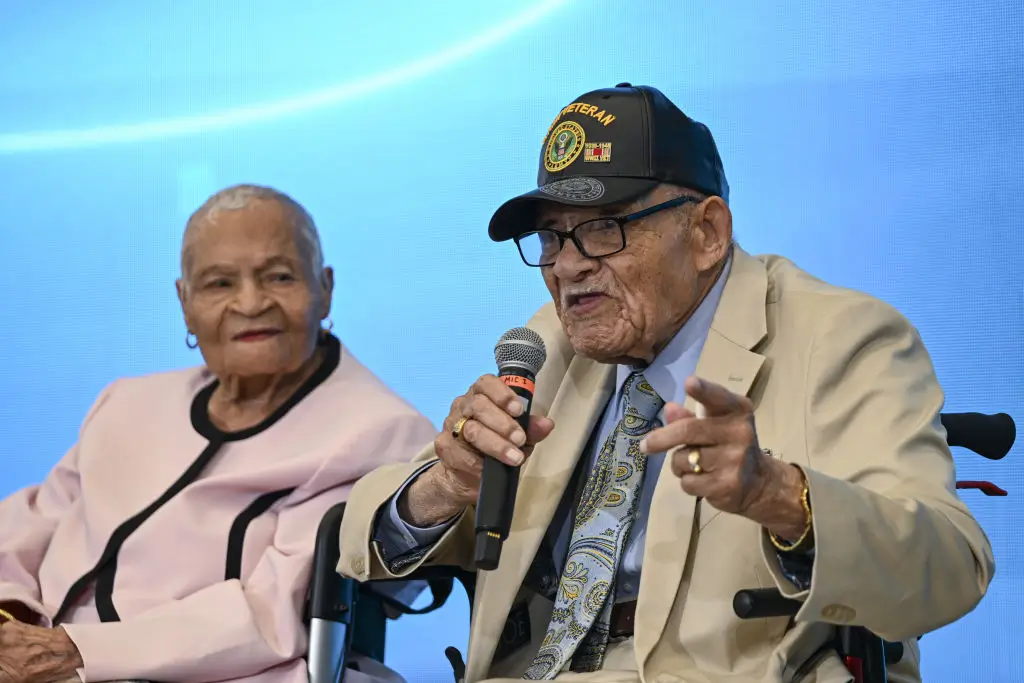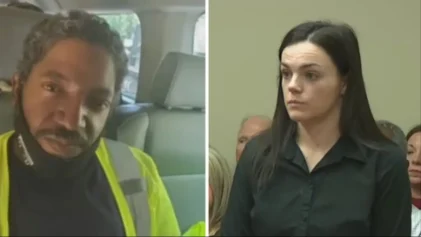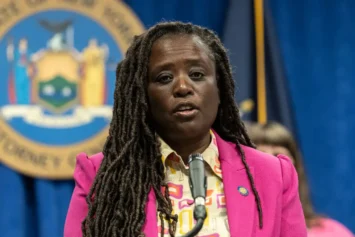Attorneys for the last remaining survivors of the 1921 Tulsa Race Massacre said they still plan to fight for a reparations lawsuit that the Oklahoma Supreme Court recently dismissed.
The state’s highest court sided with a district court’s decision to strike down a lawsuit that Viola Fletcher, Lessie Benningfield Randle, and Hughes Van Ellis filed in 2020, urging the city of Tulsa and other defendants to make restitution for one of the most devastating acts of mass violence in the U.S. against Black Americans.
On May 31 and June 1 of 1921, a white mob destroyed the once-prosperous Black community of Greenwood — killing approximately 300 people in the process — over a false and overly exaggerated allegation that a Black man sexually assaulted a white woman. The event marked the first time in American history that bombs were dropped on U.S. soil.

The community’s destruction not only killed hundreds but also left more than 10,000 people homeless, according to the Red Cross.
Fletcher, Randle, and Ellis were children at the time of the massacre. Ellis died last year at age 102, leaving Fletcher and Randle, both 110 and 109, respectively, as the last living plaintiffs in the suit.
In their lawsuit, the survivors contended that victims and descendants of those impacted by the massacre deserve reparations and cited a public nuisance law to argue that the deadly riots fostered racial divisions that still exist today in Tulsa. They also alleged that the city never gave anything back to the community it dubbed as Black Wall Street despite profiting from its marketing and tourism.
Last year, a district court judge dismissed the suit after ruling that the city “simply being connected to a historical event does not provide a person with unlimited rights to seek compensation.”
The plaintiffs appealed to the state’s Supreme Court, which upheld the lower court’s decision to toss the suit. In the 8-1 decision, justices noted that “the law does not permit us to extend the scope of the public nuisance doctrine beyond what the Legislature has authorized to afford Plaintiffs the justice they are seeking.”
The ruling effectively ends the plaintiffs’ court battle. Still, Fletcher and Randle’s legal team stated they plan to file a petition for rehearing with the Oklahoma Supreme Court to reconsider its decision.
Their attorneys argue that the destruction of Greenwood “clearly meets the definition of a public nuisance under Oklahoma law” and challenged the notion that Fletcher and Randle are asking members of the state’s highest court “to decide a ‘political’ question” in their consideration of the suit.
“It is not a political question simply because the suit seeks to remedy wrongful acts perpetrated by a white mob against Black people – the court system is the very place where such harms are meant to be remedied,” the attorneys’ statement to Atlanta Black Star reads.
Attorneys also called for the Department of Justice to launch an investigation into the massacre under the Emmett Till Unsolved Civil Rights Crime Act of 2007. That act, which the late Georgia Rep. John Lewis introduced, was passed in 2008 and established offices within the DOJ and the FBI to investigate and prosecute racially motivated murders that took place on or before 1980.
“Faithful application of the law compels the conclusion that Mother Randle and Mother Fletcher have stated a claim for relief. They are entitled to a trial…In 103 years since the Massacre, no court has held a trial addressing the Massacre and no individual or entity has been held accountable for it,” the attorneys stated.


